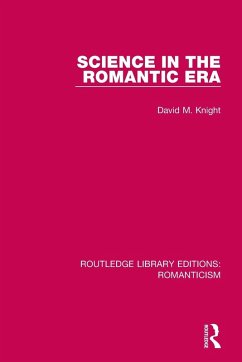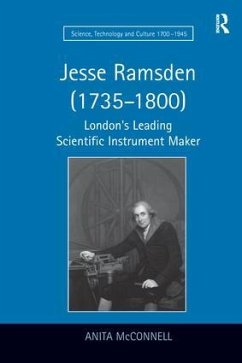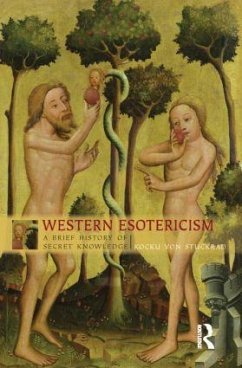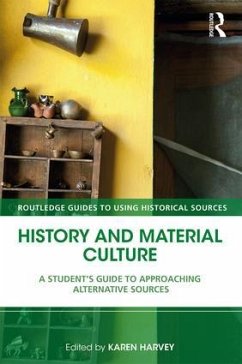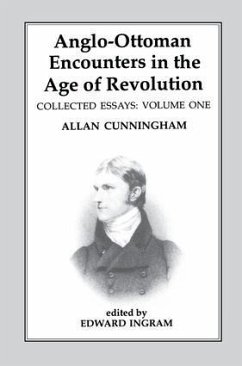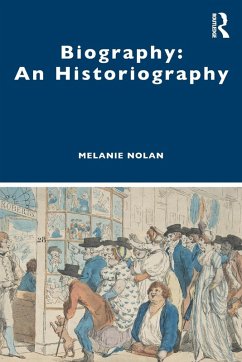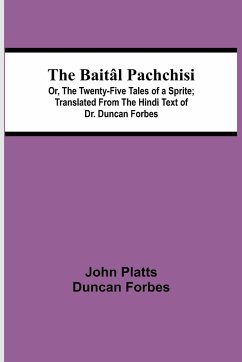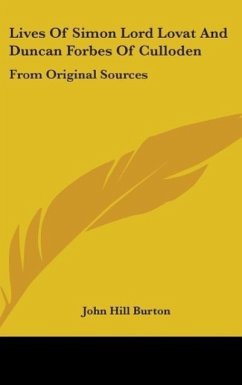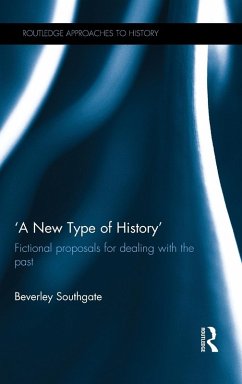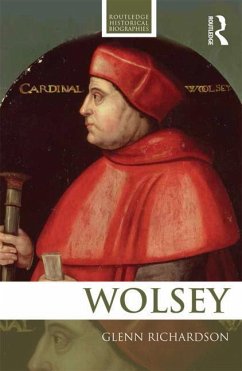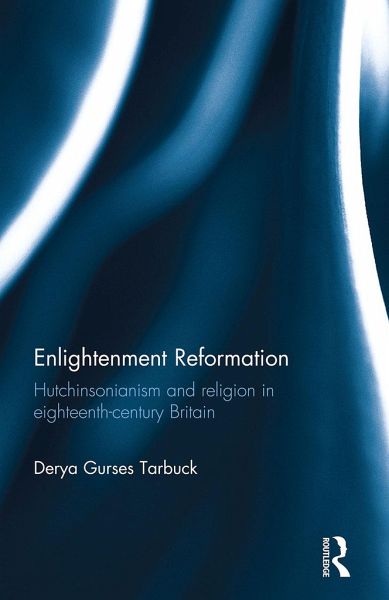
Enlightenment Reformation
Hutchinsonianism and Religion in Eighteenth-Century Britain
Versandkostenfrei!
Versandfertig in 6-10 Tagen
46,99 €
inkl. MwSt.
Weitere Ausgaben:

PAYBACK Punkte
23 °P sammeln!
Taking a fresh and imaginative approach to the topic, Enlightenment Reformation investigates how and why Hutchinsonianism came into being, evolved and eventually ended. In surveying the history of this intellectual movement, it explores the controversies in and around religion that sat at the very centre of the Enlightenment period in Britain.During the eighteenth century, many opponents of Isaac Newton's cosmology and natural religion gravitated to the writings of John Hutchinson (1674-1737). United by a strong belief in the Christian Trinity and a particular approach to the reading of Hebrew...
Taking a fresh and imaginative approach to the topic, Enlightenment Reformation investigates how and why Hutchinsonianism came into being, evolved and eventually ended. In surveying the history of this intellectual movement, it explores the controversies in and around religion that sat at the very centre of the Enlightenment period in Britain.
During the eighteenth century, many opponents of Isaac Newton's cosmology and natural religion gravitated to the writings of John Hutchinson (1674-1737). United by a strong belief in the Christian Trinity and a particular approach to the reading of Hebrew Biblical texts, the essential tenets of Hutchinsonianism remained for over a century the main source of opposition to Enlightenment scientific theories. Integrating the various aspects of Hutchinsonianism that together help to define the movement, this book first critiques the existing historiography on the subject and second provides an overview of the movement's thought, growth and downfall.
This volume offers a fascinating perspective on the role of religion, science and ecclesiastical history in eighteenth-century thought and will be valuable reading for scholars working in intellectual and cultural history, in particular the history of philosophy, legal history, education and the relationship between church and state in the early modern period.
During the eighteenth century, many opponents of Isaac Newton's cosmology and natural religion gravitated to the writings of John Hutchinson (1674-1737). United by a strong belief in the Christian Trinity and a particular approach to the reading of Hebrew Biblical texts, the essential tenets of Hutchinsonianism remained for over a century the main source of opposition to Enlightenment scientific theories. Integrating the various aspects of Hutchinsonianism that together help to define the movement, this book first critiques the existing historiography on the subject and second provides an overview of the movement's thought, growth and downfall.
This volume offers a fascinating perspective on the role of religion, science and ecclesiastical history in eighteenth-century thought and will be valuable reading for scholars working in intellectual and cultural history, in particular the history of philosophy, legal history, education and the relationship between church and state in the early modern period.





